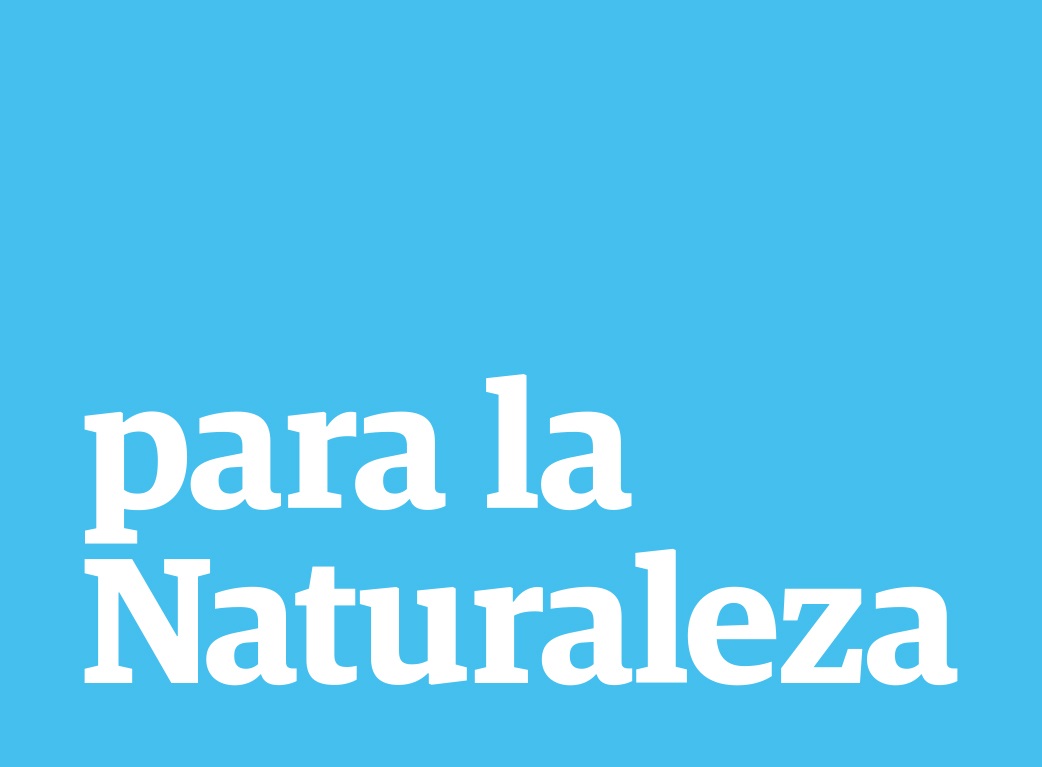IUCN, both in its current and proposed programmes, recognizes the need to restore the ecological integrity of production landscapes. Agroecology is a practice that requires less water and does not use agrochemicals, generating real positive environmental benefits such as biodiversity conservation, watershed protection and climate change resilience.
Para la Naturaleza (PLN) aligns its activities and actions with this component of IUCN and the Sustainable Development Goals through its Agroecology Programme, established more than two years ago with the intention of providing economic relief to farmers whose infrastructure and crops were affected by Hurricane Maria. With contributions from organizations such as PR x PR and Rotary International, microdonations between USD 1.000 and USD 5.000 were given to more than 100 local farmers and processors. The reason for this programme is twofold.
On the one hand, Puerto Rico abandoned extractive agricultural monoculture without replacing it with an alternative that would provide food security to its three million inhabitants. On the other hand, the Caribbean island is threatened by hurricanes almost six months a year, and organic or restorative farming have the advantage of being more resistant to these events. In Puerto Rico, the farms that recovered most quickly were those that implemented agroecological practices. Agroecology is characterized by its smaller scale and its greater capacity to recover from natural disasters, because it combines crops with different degrees of susceptibility to extreme weather events. Smaller farms not only recover faster, but are also more efficient, more productive and less dependent on the outside.
Investment in agroecological farming, with the help of PLN, is beginning to bear fruit. When supermarket chains started to become crowded following the announcement of a curfew linked to COVID-19, food distribution began to be limited and less accessible to Puerto Ricans. In response to opening hours restrictions, closure of certain businesses and fear of contagion through exposure, a group of farmers began to witness an increase in the volume of orders for local and agroecological crops. Among other things, this shows a shift in consumer behaviour and a more affordable path to sustainable agriculture.
Farmer Tadilka Rivera, owner of the Micro Finca farm in Camuy, has noticed a new growth in sales and local consumption: “With COVID, a lot of new people have become customers, helping them know that there is a farmer in their community and that they don't necessarily have to go shopping in supermarkets”.
Fello Pérez, from the Campesino Apoyo Mutuo farm in Utuado, also noted a 50% increase in orders for his crops and a boom in the consumption of regional products and deliveries in that mountainous region. Both Pérez and Rivera use the same delivery model: a basket of seasonal products full of green and root vegetables, fruits, spices and syrups. As Fernando Maldonado of the Finca Carite 3.0 farm in Guayama says, these baskets are an excellent tool to foster a relationship of trust between farmers and consumers. Consumers are more willing to buy locally, even if it costs a little more, because this is a way to invest in the country and above all, to get fresher food.
For PLN agroecology coordinator, Salvador Coleman Tió, in times of crisis, farmers and fishermen are the first line of defense to feed the population in case of any disruption in food supply chains. Agriculture in Puerto Rico, with PLN, is not only on the right track and aligned with IUCN's goals, but also seeks to address this vulnerability, while advancing the conservation and restoration of agricultural land, thus fostering a sustainable economy.
About the author

Para la Naturaleza
Private non-profit entity whose mission is to protect the natural and human ecosystems of the islands of Puerto Rico and inspire people to act as custodians of nature and heritage. Para la Naturaleza facilitates transformative experiences in nature, conserves land of high ecological value, encourages accountability for natural resources and promotes public policy for their protection. The organization manages over 35.000 acres of high ecological value land on the islands of Puerto Rico, operates five native tree nurseries and five visitor centers.



